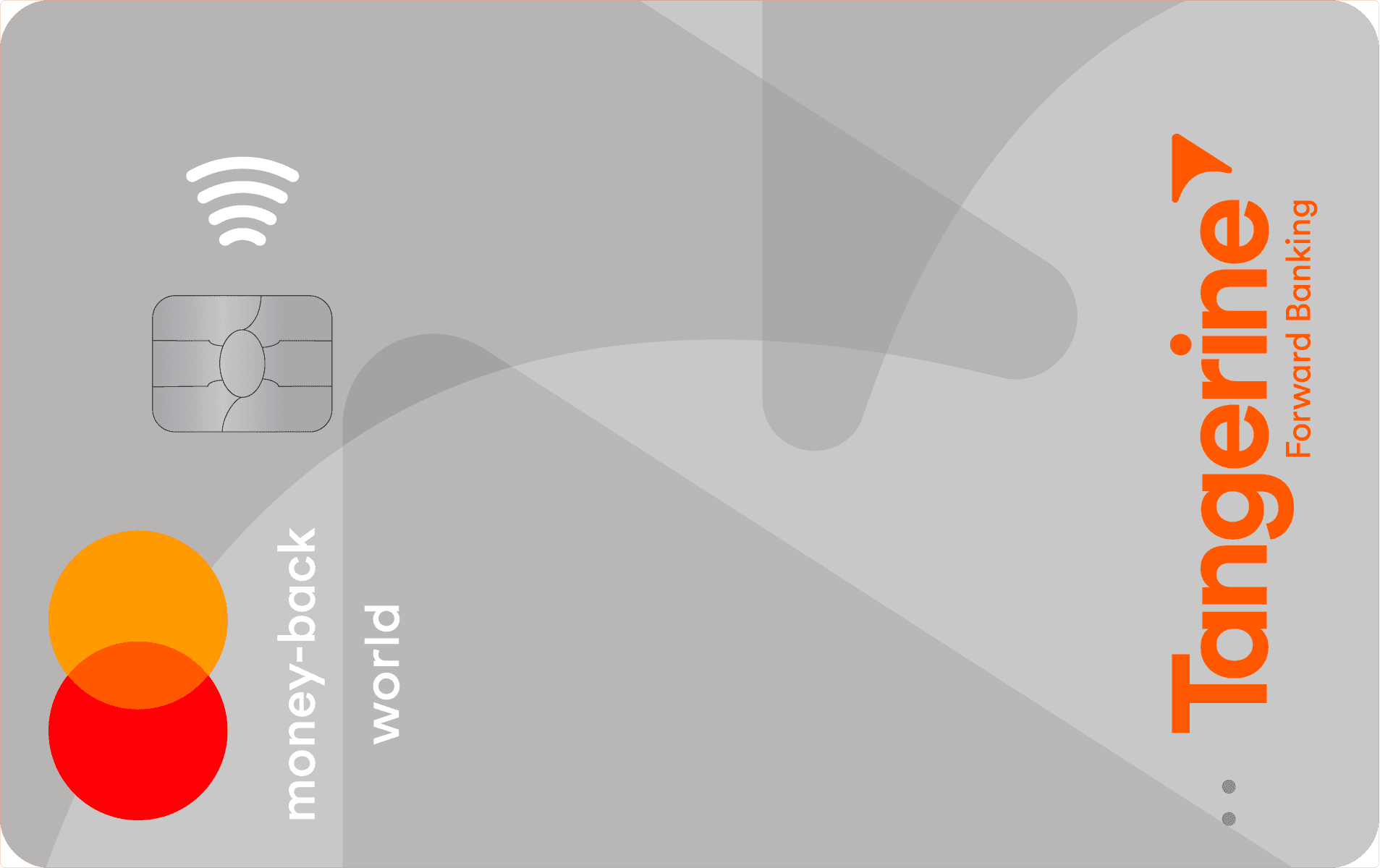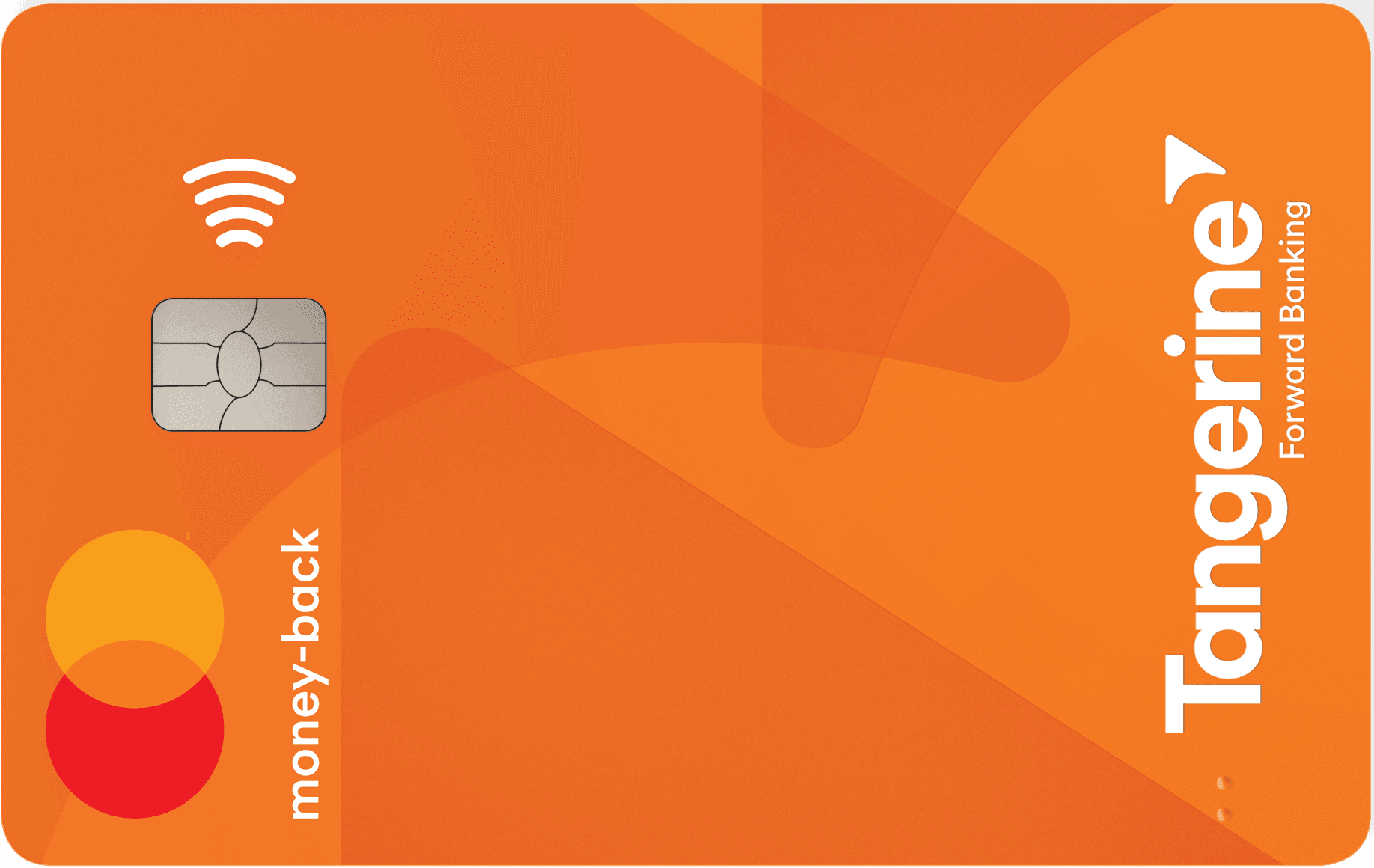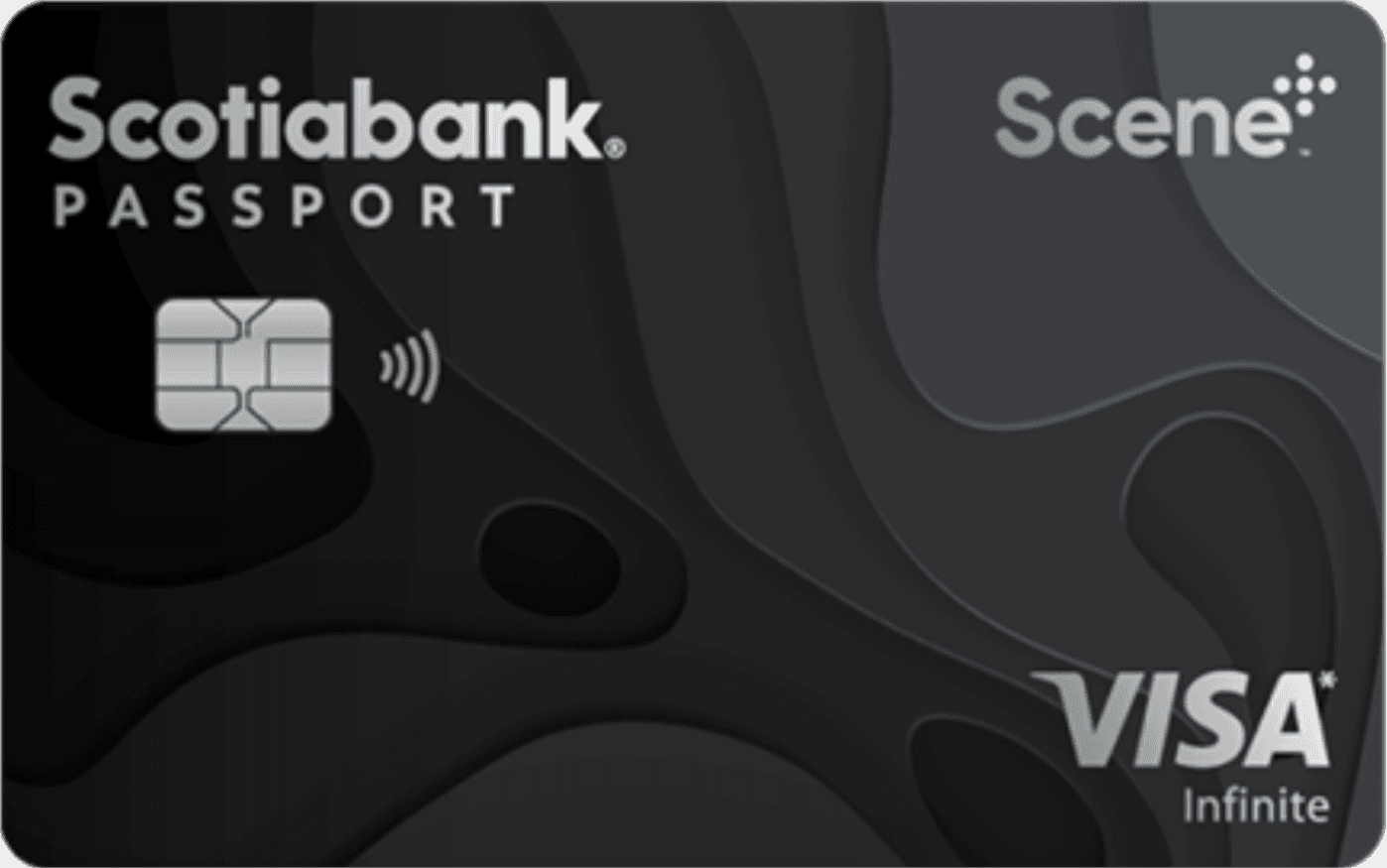Working hard in the background...
How to Manage Multiple Credit Cards and Rewards in Canada
Published Dec 11, 2025 1:59 PM • 6 min read
What if you could earn rewards for everyday shopping, use points to travel, and always have a backup when one card doesn’t work? Sounds great, right? That’s the power of using more than one credit card when done right.
Many people think managing several credit cards is hard. But with simple strategies, it can be easy and rewarding. In this guide, you’ll learn why many Canadians choose to carry more than one card, how to stay organized, and how to get the most from your credit card rewards.
Why Use Multiple Credit Cards and Rewards Programs?
Many Canadians carry at least two credit cards. When managed wisely, having multiple cards offers several benefits:
- More Rewards: Different cards offer unique rewards. One may provide cash back for groceries, while another gives travel points. Multiple cards let you access various rewards and benefit from large welcome bonuses.
- Enjoy More Perks: Each card has its own benefits. Some offer free travel insurance, roadside help, lounge access, or extended warranties on purchases. Holding several cards allows you to mix these perks, for instance, combining premium travel benefits with retail discounts.
- Wider Acceptance and Backup: Not all stores accept all cards. Some places only take Mastercard, while others prefer Visa or Amex. For example, Costco Canada accepts Mastercard only. Having a few different cards means you’ll always have one that works.
- Improve Credit Score: When used the right way, having multiple cards can improve your credit score. Here’s how: If you spread your spending across cards and keep balances low, your credit use stays low which helps your score. Also, paying on time across multiple accounts shows lenders you’re responsible.
However, multiple cards bring challenges too:
- Bill Management: More cards mean tracking several statements and due dates. Missing payments can harm your credit and incur fees. Staying organized is crucial.
- Overspending Risk: With greater available credit, overspending can become tempting. Stick strictly to your budget to avoid high interest charges that negate rewards.
- Annual Fees: Reward cards often come with annual fees. Ensure each card’s rewards justify the cost. Consider cancelling cards whose benefits don’t match the fees.
Organize Your Cards and Payment Dates
Managing multiple credit cards is easier when you're organized. Whether you have two or five cards, here’s how to keep everything on track:
1. Make a Simple Card Tracker
Create a list (in a notebook, spreadsheet, or app) with these details:
- Card Name or Type (e.g. Travel Visa, Grocery Mastercard)
- Credit Limit and Balance – This helps manage spending and keeps your credit usage low.
- Due Dates – note each card’s payment day. If they’re scattered, ask your bank to move them to the same or close dates.
- Annual Fee and Month – so you can decide if it’s still worth keeping before you’re charged
- Rewards and Bonuses – list what rewards each card earns, bonus categories, and if there’s a welcome offer deadline.
2. Use Apps or Online Tools
Many banks in Canada show all your cards in one dashboard. You can also use finance apps to track balances and get reminders. Set alerts for due dates or big purchases so you never miss a bill.
3. Pick Your Payment Strategy
You can choose to:
- Align due dates (e.g., all on the 1st) to pay once a month
- Spread them out (e.g., 1st and 15th) to spread out costs
Pick what works best for your cash flow, but be consistent.
4. Set Up Auto-Pay
Auto-pay the full balance (or at least the minimum) to avoid late fees or interest. Still check your monthly statements for mistakes or fraud.
By staying organized, you lower the risk of missing payments and help protect your credit score. Payment history is a major part of your credit score, so keeping your cards in order pays off.
Smart Ways to Maximize Credit Card Rewards
Managing multiple cards means more chances to earn rewards if you have a smart plan. Here’s how to get the most value from your credit card rewards in Canada:
1. Time Your Sign-Up Bonuses
New cards often come with big welcome bonuses. To earn them without stress, open cards one at a time and meet each spending requirement before applying for the next. For instance, spend $1,000 in 3 months on Card A to unlock its bonus, then switch to Card B. Opening too many cards at once can hurt your credit score and lead to overspending. Space out applications by a few months for better results.
2. Understand Your Rewards
In Canada, rewards generally fall into three types:
- Cash Back: Simple and flexible. Some cards auto-credit your rewards monthly, while others let you redeem manually. Redeem regularly so you don’t miss out.
- Travel Points: These offer high value, especially when used for flights or hotels. Learn your program’s “sweet spots” like Aeroplan's airline partners. Some card programs (like RBC Avion or TD Rewards) also allow point transfers or online travel bookings. Finly Wealth’s points calculator can help you measure point value.
- Flexible Points: Cards like American Express Membership Rewards or Scene+ give you options to redeem for travel, gift cards, and with Amex you can even transfer to other programs. For example, Amex points can be transferred to Aeroplan or Marriott Bonvoy. These programs are useful if you want more flexibility.
3. Match the Card to the Purchase
Use the right card for each transaction. If one earns extra on groceries and another on gas, pick based on where you're shopping. Watch out for limited-time promotions; some cards offer higher rewards on certain categories for a few months. Stay updated by checking your card account or emails from the issuer.
4. Prevent Reward Expiry
Points are only useful if you redeem them. Some programs expire your rewards if there’s no account activity for 12–18 months. A small purchase, redemption, or transfer can keep points active. Mark down deadlines to avoid losing value.
5. Redeem for Maximum Value
Get the most from your points. Travel rewards often have better value when used for flights instead of gift cards or products. Cash back is simplest: apply it to your statement or get a direct deposit. Some programs let you combine rewards across multiple cards. If you can, link all your cards to one account for easier redemption.
Key Tip: Your rewards are worth about 1–5% of what you spend. But interest on carried balances can be 20% or more. Never buy things you don’t need just to earn rewards. Pay in full and stay within budget let your rewards be a bonus, not a burden.
Managing Credit Impact and Card Fees
Managing several credit cards means keeping a close eye on credit use and costs. When done right, it can boost your credit score and rewards.
- Watch Your Credit Usage: Using more cards can lower your credit utilization ratio (the percent of credit you're using), which helps your credit score. But don’t overspend. Aim to use less than 30% of your total limit. Free tools like Borrowell or Credit Karma help track this easily.
- Space Out Applications: Applying for too many cards too fast can drop your score. Spread applications every few months. Avoid applying before big financial decisions like a mortgage.
- Manage Annual Fees Wisely: Before your annual fee hits, ask yourself: did the perks and rewards cover the cost? If not, call your issuer. You might get a fee waiver or a downgrade offer. If you cancel, try to keep your oldest card open to maintain your credit history length.
- Stick to Your Budget: Avoid overspending just because you have more cards. Treat credit cards like debit cards only spend what’s in your account. Use budgeting apps like YNAB to monitor all cards at once.
- Stay Safe From Fraud: With more cards, the risk of fraud increases. Check your statements monthly and turn on instant alerts in your banking app. If a card goes unused, consider locking it temporarily.
Leverage Tools and Platforms for Easier Management
- Track Rewards Automatically: Apps like AwardWallet show all your loyalty points in one place and alert you before they expire.
- Manage Spending with Finance Apps: Apps such as YNAB or PocketSmith let you view all your card activity and set alerts for due dates. No more missed payments.
- Try Finly Wealth's Credit Tools: Finly Wealth offers a credit card comparison and recommendation tool that can be extremely helpful when managing multiple cards.
- Set Calendar Alerts: Use your phone calendar to remind you of bill due dates, upcoming annual fees, or promo deadlines.
Final Tip: Multiple credit cards can be powerful tools for building credit and earning rewards, as long as you stay organized and don’t carry debt. Use your cards wisely, track your perks, and simplify when needed. Smart use means more cash back, travel rewards, and financial flexibility.
FAQ
How can I manage multiple credit cards effectively in Canada?
Stay organized using apps or spreadsheets, assign each card a clear spending purpose, maximize rewards, and always pay balances fully and on time.
Does having multiple credit cards affect my credit score negatively?
Not necessarily. If managed well by keeping low utilization and paying on time, multiple cards can positively impact your credit score.
What's the best way to maximize rewards across multiple credit cards?
Identify each card's strongest reward category and use it accordingly. Regularly redeem points at peak value to get the most benefit.
Are annual fees worth paying for multiple cards?
Fees are worthwhile if card perks and rewards exceed the fee cost. Regularly assess this balance and negotiate or downgrade cards if necessary.
Trending Offers

Tangerine® Money-Back World Mastercard®*

Tangerine Money-Back Mastercard

BMO Performance Chequing Account

Scotiabank Passport® Visa Infinite* Card
About the author

Faith Ogunkanmi
Editor
Faith is a seasoned finance professional with over six years of experience specializing in credit analysis, financial risk assessment, and business/personal lending. My background includes extensive w...
SEE FULL BIOAbout the editor

Abid Salahi
Credit Card Expert
Abid leads the design and engineering of the FinlyWealth website, making sure everything runs smoothly and looks great. He’s a seasoned software engineer who follows best practices and designs interfa...
SEE FULL BIO